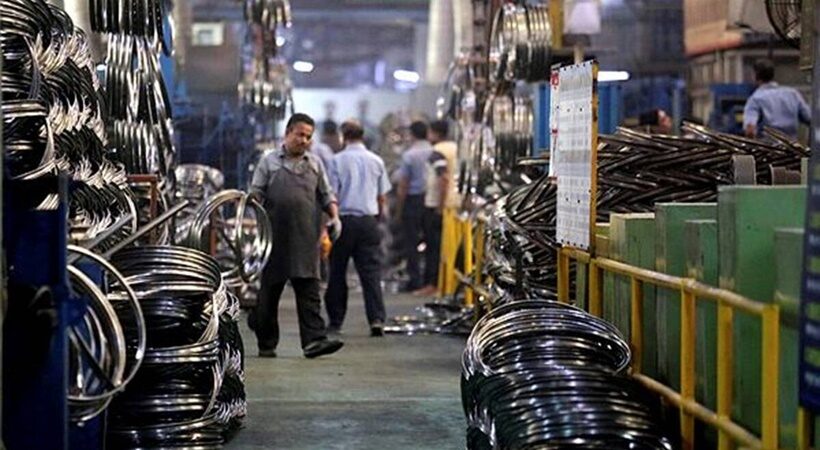Standard Chartered and Network 18 will host India On the Move Season 5 where industry leaders will discuss supply chain financing and the role technology has played in reducing financing costs and improving business efficiency for buyers and sellers.
What Is Supply Chain Finance?
A supply chain finance solution (SCF) involves a set of technology-based solutions aimed at lowering financing costs and increasing business efficiency for buyers and sellers in a sales transaction.
Automating and tracking
Invoice approvals and settlements are how SCF methodologies work. By approving suppliers’ invoices for financing, buyers authorize a bank or another outside financier, often called “factor”. By providing short-term credit, which optimizes working capital and provides liquidity to both parties, SCF offers distinct advantages to all participants.
How does Supply Chain Finance Works?
It works best when the buyer has a better credit rating than the seller so that the latter can source capital at a lower cost from a bank or other financial provider. Buyers can negotiate better terms from the seller, including longer payment schedules, and sellers can unload products more quickly to get paid immediately by the intermediary financing company.
It is often called “supplier finance” or “reverse factoring,” and it promotes collaboration between buyers and sellers. In contrast to the traditional competitive dynamic between these two parties, this philosophy contends with the tendency of buyers to delay payment while sellers seek to be paid as quickly as possible.
The world of small and medium enterprises has been disrupted by COVID-19, and technology-based solutions have assisted in cutting costs, optimizing working capital and keeping the wheels of business turning.
A panel comprising Gaurav Bhatnagar, MD & Head, Trade & Working Capital, India & South Asia, Standard Chartered Bank, and Paramita Chatterjee, Special Correspondent, CNBC-TV18, discuss supply chain financing along with Arun Poojari, Co-founder & CEO, Cashinvoice and Neeraj Bansal, COO – India Global, Leader – Supply Chain Realignment, KPMG India.
While discussing the changing role of supply chain finance, Neeraj commented on the profound changes in this area due to the pandemic and geopolitical tensions affecting diverse product categories.
According to him, “Companies are seeking reassuring regionalization and diversification of their capabilities, as well as a reduction of geographical dependence.” As a result of digitization, the information on financial health is not readily available to MSMEs, due to the lack of transparency in business transactions.
Using a supply chain finance example, Gaurav elaborated on how this medium works. To avoid disruptions in their workflow, companies are expanding their supplier base by ensuring vendors have adequate financing and their working capital needs are addressed on a timely basis.
From a fintech company’s perspective, Arun spoke about the level of complexity included in supply chain financing and how even the smallest player in the chain sources finance, adding that it may not always be that straightforward.
Arun said that the government has passed laws to protect the interests of this community, and digitization has made data collection easier; We can assess the creditworthiness of involved parties using detailed analysis, and last-mile connectivity makes transactions seamless and secure.
Gaurav spoke about the importance of technology enabling tools that address the needs of small vendors pre-and post-shipment. Banks and fintech companies are utilizing big data analysis to minimise risk, a departure from the traditional financing scenario.
He sees blockchain as another game-changer, as it gives stakeholders visibility into the supply chain transactions. With this new technology, standalone financial analysis will be a thing of the past, and banks will be able to leverage their supply chains and make the right decisions.



















